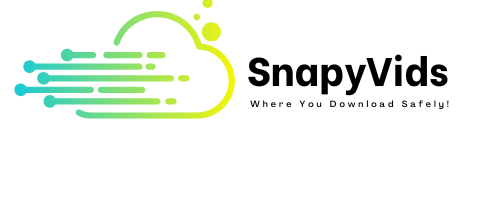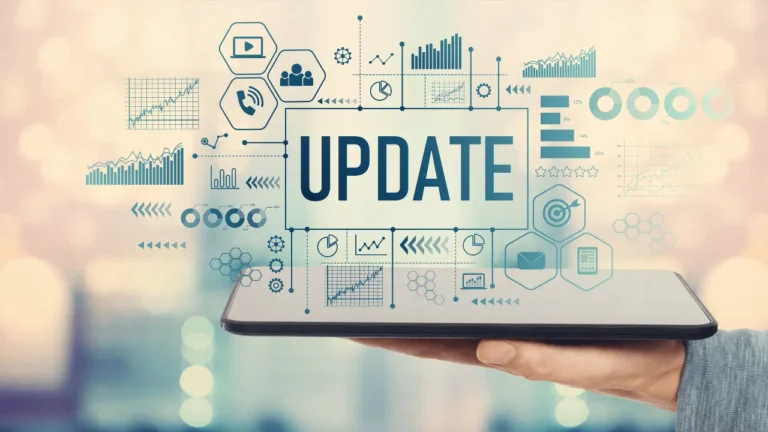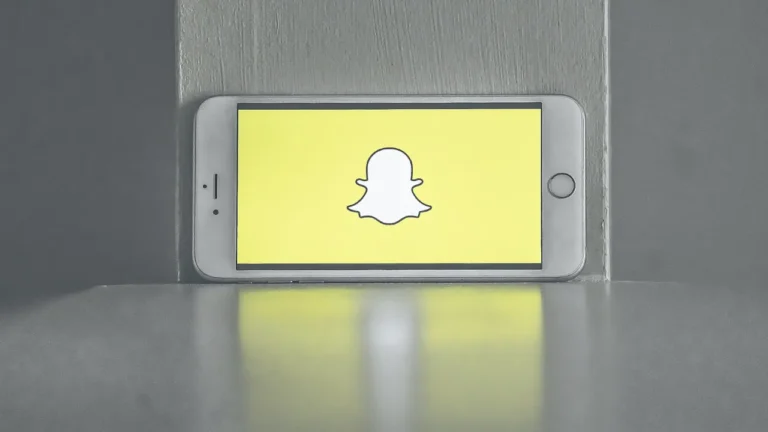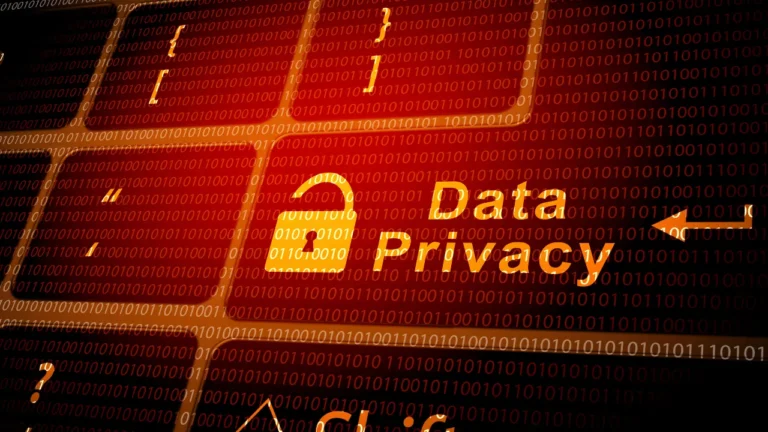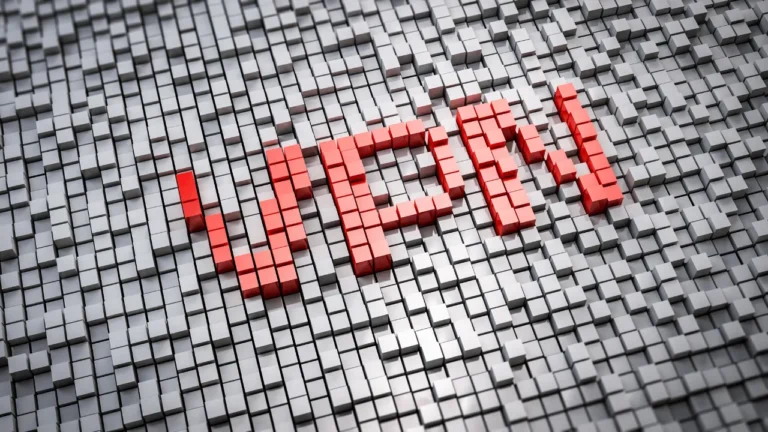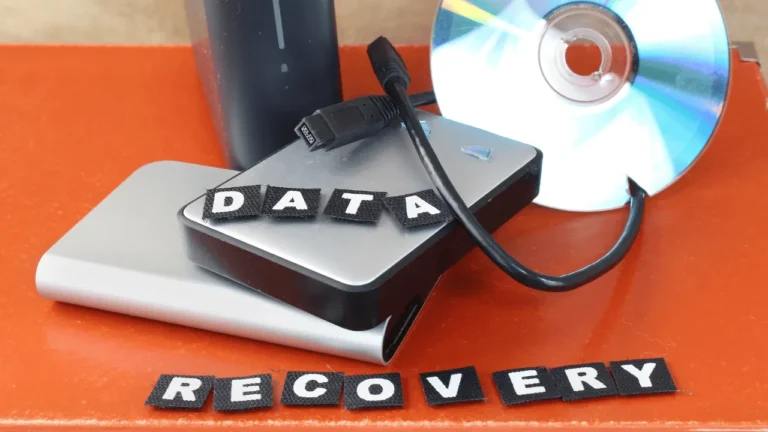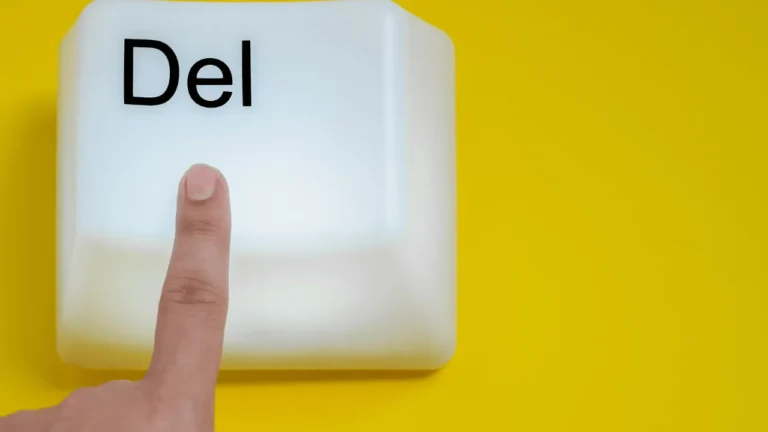Is Snapchat Safe for Sending Private Data? Essential Steps for Security!
Snapchat provides end-to-end encryption for your photos. It’s safe to share personal data with your friends on Snapchat. However, anyone with whom you share your data can save it. Always share your private data with your friends, and do not add unknown people to your Snapchat. If you’re worried about “Is Snapchat Safe For Sending Private Data?” Be informed that Snapchat is overall safe but no social media app ensures 100% security.
However, On Snapchat, there are chances of data leakage and account hijacking. So try to avoid sharing your private photos, videos and other secret data.
Understanding the Nature of Snapchat Security
Snapchat uses a range of methods to protect your data. It is essential to know how the app manages user information and the risks that come with using it.
How Snapchat Manages User Data
Snapchat collects data to improve user experience and provide personalized features. Snapchat temporarily stores your snaps and chats. Then they delete the files from the server, after a short time.
Snapchat employs encryption to protect your messages. This means only you and the person you are chatting with can see the content. When you create an account, you can choose privacy settings to control who can see your information.
Common Vulnerabilities and Risks
Even with security measures, Snapchat has some risks. Account hacking is a common threat. Moreover, If someone accesses your account, they can view your messages and personal info.
Another risk involves data breaches. Your data might be exposed to hackers, if the Snapchat server is compromised.
Always be cautious about what you share. Avoid sending sensitive information, even if the app claims to delete content.
Practical Steps to Enhance Privacy and Security on Snapchat
Taking steps to improve your privacy and security on Snapchat is essential. The following ethical guidelines can help safeguard your account and messages while using the app.
Account Security Measures
To start, use a strong password for your Snapchat account. Combine upper and lower case letters, numbers, and special characters for better protection. Additionally, avoid easy-to-guess passwords like birthdays or simple words.
Also, enable two-factor authentication (2FA). This adds an extra layer of security. Whenever you log in, you will need a code sent to your phone in addition to your password.
Keep your app updated. Snap Inc. frequently releases updates that fix security issues and introduce additional features. In addition, regularly check for updates in your app store. Secure Messaging Practices
When sending snaps or messages, consider what you share. Avoid sending sensitive or personal information. Because recipients can save your chats by taking screenshots.
Make use of the disappearing message feature. When the recipients view the messages, these messages disappear. While this adds some security, remind yourself that recipients can still take screenshots.
Another way to remain secure is to adjust your privacy settings. Go to your settings, and choose who can send you snaps or view your stories. Limit this to added friends only to reduce the risk of unwanted contact.
Monitoring and Responding to Security Threats
Stay alert for any strange activity on your account. If you notice messages you didn’t send or changes made to your profile, react quickly. Change your password immediately and enable 2FA if you haven’t done so already.
You can report suspicious accounts or activities directly to Snapchat. Moreover, use the in-app reporting tools to flag any behavior that concerns you.
In addition to this, regularly review your friends list. Remove any contacts you do not recognize. Keeping your list secure helps prevent unauthorized access and potential threats to your privacy.
Conclusion
Using Snapchat for private data requires caution. While it offers fun ways to connect, think carefully about what you share.
Tips for Safety:
- Use strong passwords.
- Enable two-factor authentication.
- Avoid sharing sensitive information.
Remember, no app is completely secure. Always stay aware of your privacy settings. Furthermore, keeping informed helps protect your data.
